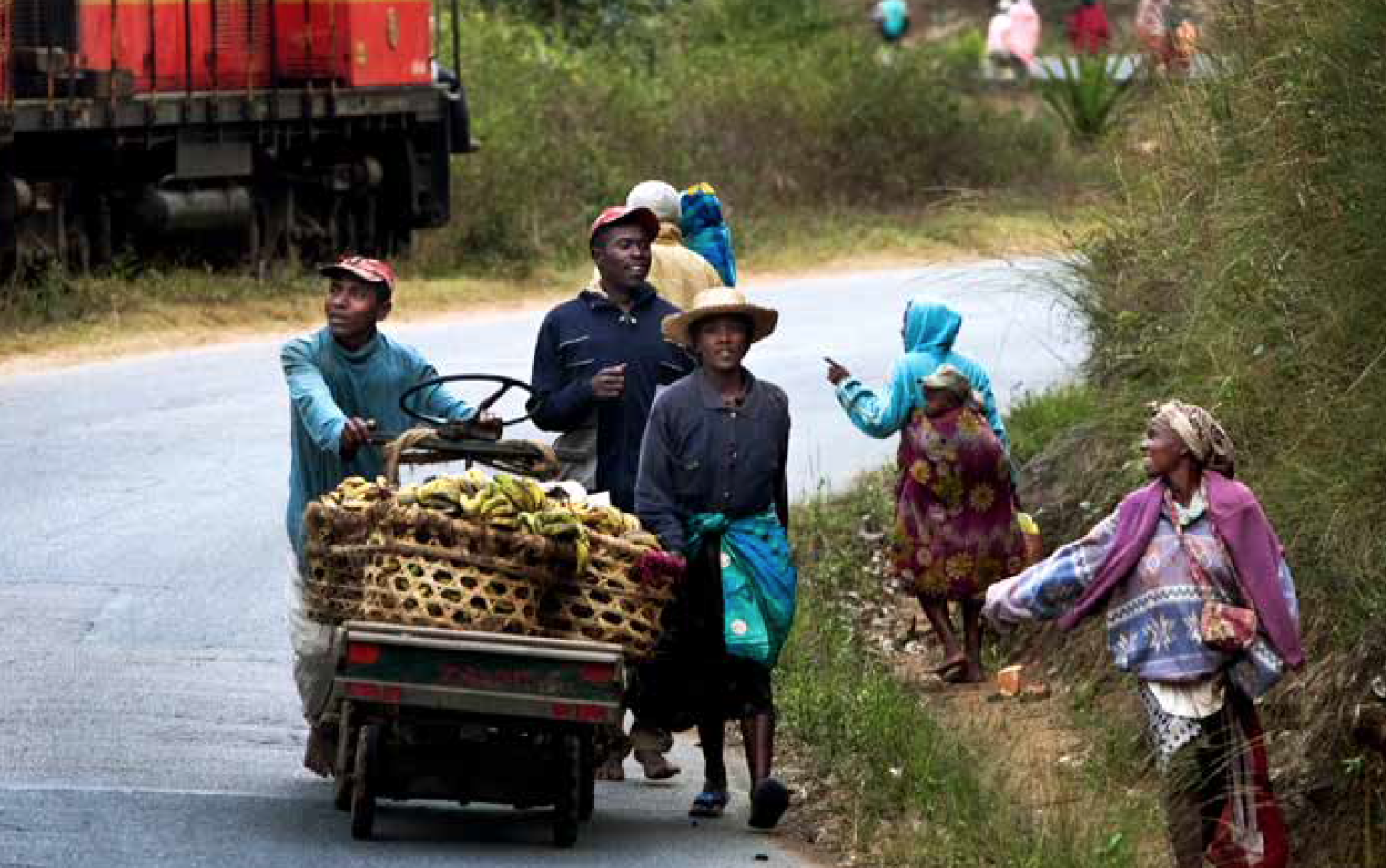Economic growth in Africa has been strong in the past decade, and countries around the world are now scrambling to set up strategic and commercial ties with the continent. But it’s not clear whether this growth is creating the number and types of jobs needed to raise living standards for most Africans, especially in rural areas where poverty is greatest.
An alarming 71.7% of Africans are disappointed with their respective governments’ handling of job creation, according to Afrobarometer data. Although the current generation of Africans entering the labor force is more educated than any in the past, many find their employment prospects no different than those of their parents—and in a few countries, they are worse. Creating more and better jobs is especially important for Africa’s large youth population. In some countries young people have already been vocal about their dissatisfaction.
As the world observes International Workers’ Day (May 1), policy makers should focus on strategies for sparking job growth and building better livelihoods across Africa—particularly in rural areas. Our chapter in IFPRI’s 2019 Global Food Policy Report (GFPR) outlines a series of smart investments aimed at bridging the divide between rural and urban areas and revitalizing agriculture to achieve those goals.
Much of Africa’s recent economic growth is the result of structural transformation, as people have moved out of agriculture and into other sectors—the bulk into a burgeoning urban service sector, with growth rates in industry, including manufacturing, flat (though there are exceptions). While services are a large and robust part of developed countries’ economies, much of the African services sector comprises informal, labor-intensive activities such as street vending, petty trading, and transport, with labor productivity on par with traditional agriculture. Demand for these services is primarily local, and can only increase if both population and incomes grow. And they are—but a service-led transformation will likely lead only to modest rates of national economic growth. Promoting growth of productive jobs outside of services is essential.
Transforming traditional agriculture should be at the heart of efforts to revitalize Africa’s rural areas and generating better employment options for them.
African agriculture is poised for transformation. It is the dominant employer in rural Africa (accounting for over half of rural household income in most countries) and will likely remain so for the foreseeable future. Meanwhile, demand for food is growing fast and projected to more than double by 2050, driven by population growth, rising incomes, rapid urbanization, and a shift in diets toward greater consumption of higher-value fresh and processed foods. Unlike services, demand for nontraditional agricultural products such as fruits, vegetables, and horticulture products can be expanded via exports or by substituting for imports. Agricultural growth will also help to propel the larger agri-food system, including agri-processing and trade.
But exploiting this potential will require a major shift from traditional to more intensive and market-driven farming practices, as well as policies and investments to promote and regulate agricultural value chains.
Reducing economic distance
In our GFPR chapter, we argue that connectivity to urban centers with sizable markets is a key driver of agricultural transformation and the key to creating more and better jobs.
Connections to urban markets provide higher agricultural incomes. This has trickle down effects that generate demand for nonfood commodities, fostering a vibrant rural and small-town nonagricultural sector, including agricultural processing, machinery repair, local transport, personal services (such as haircuts and tailoring), restaurants, and retail sales.
A territorial approach designed to integrate rural economies with secondary cities and small towns shows promise for transforming African rural areas to help diversify rural livelihoods, complement rural–urban migration, and reduce poverty. Investments in roads, electricity, and telecommunication infrastructure in peri-urban and rural areas will help spur rural employment growth through stronger linkages with urban markets.
Any rural revitalization strategy must also grapple with a major demographic trend: Africa’s youth are leaving farms and villages for cities. The only way to make agriculture attractive to youth who aspire to urban-style livelihoods requires increasing its profitability through adoption of modern technologies, agricultural intensification, diversification into high value crops, and commercialization.
What other investments are needed? Sure, mechanization services, improved seeds, and fertilizers (as well as the financial services to access them) can boost the productivity of traditional agriculture. However, these farm technologies are necessary but insufficient to achieve the level of agricultural growth and transformation needed to revitalize rural areas.
Many nonagricultural policies and investments—including electricity (including solar energy), processing equipment, and telecommunications and internet services— are complementary to farm inputs. These directly and indirectly improve agricultural performance and are especially important in the production of high-value perishable products that growing cities increasingly demand. Reforming a broader set of policies—in areas such as trade, domestic pricing, and marketing—that severely hamper structural change within the agriculture sector and discourage private sector investment is also critical to generating employment.
Changing diets and growing food demand, particularly in urban areas, will open up new opportunities in the agrifood system that can bring many desirable new jobs to rural areas and small towns. But this won’t just happen on its own. Policy makers and development practitioners should pursue a balanced strategy that takes full advantage of the rural–urban continuum and uses urbanization as a catalyst for economic development—starting with agricultural transformation.
Adam Kennedy is a Senior Program Manager with IFPRI’s Development Strategy and Governance Division.







